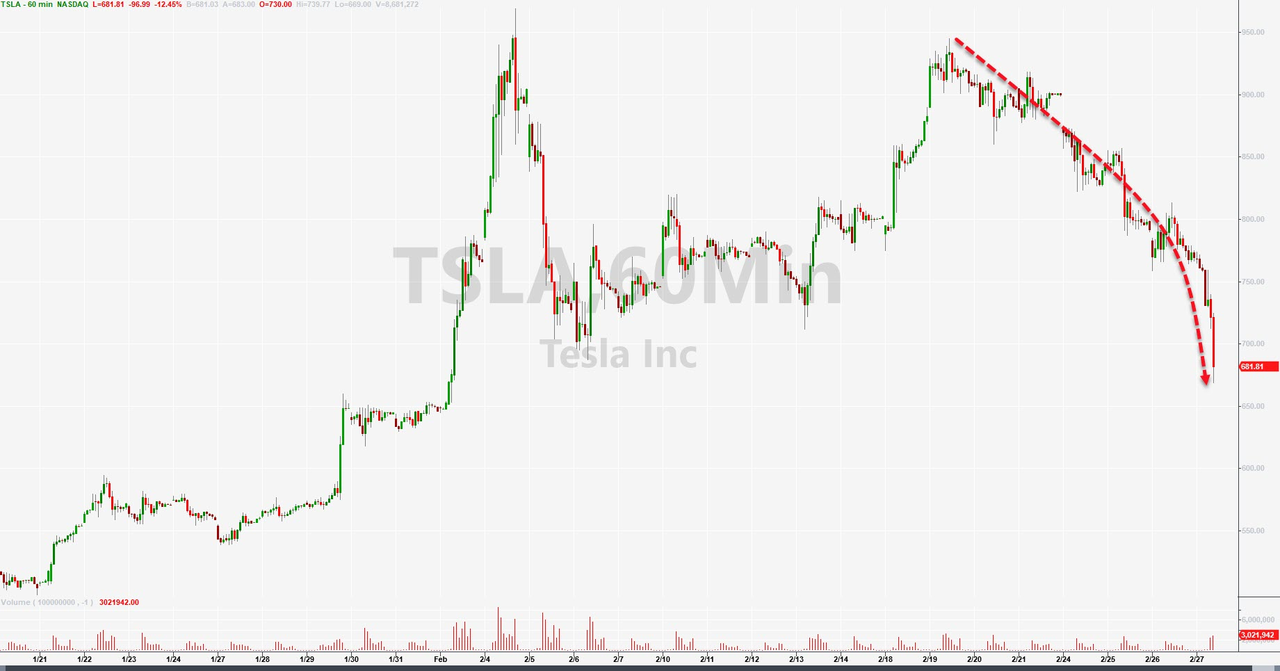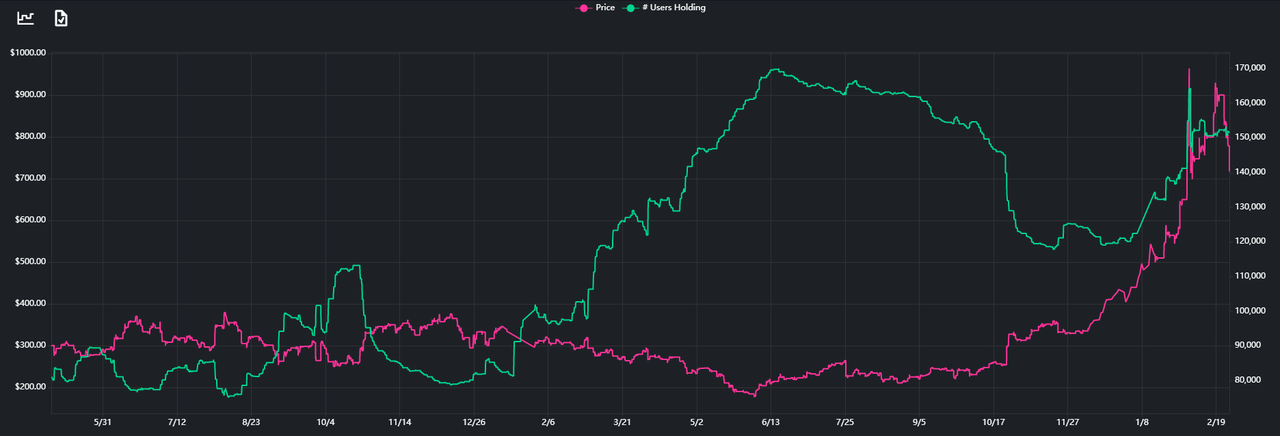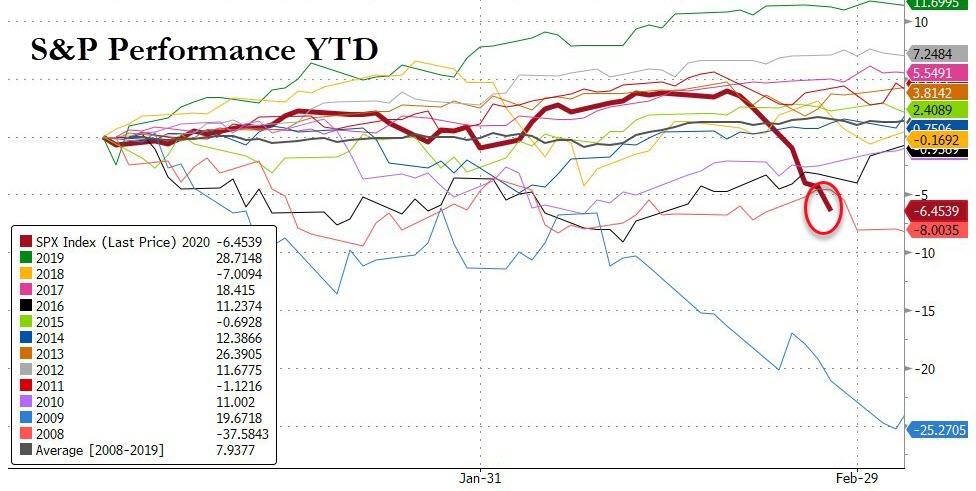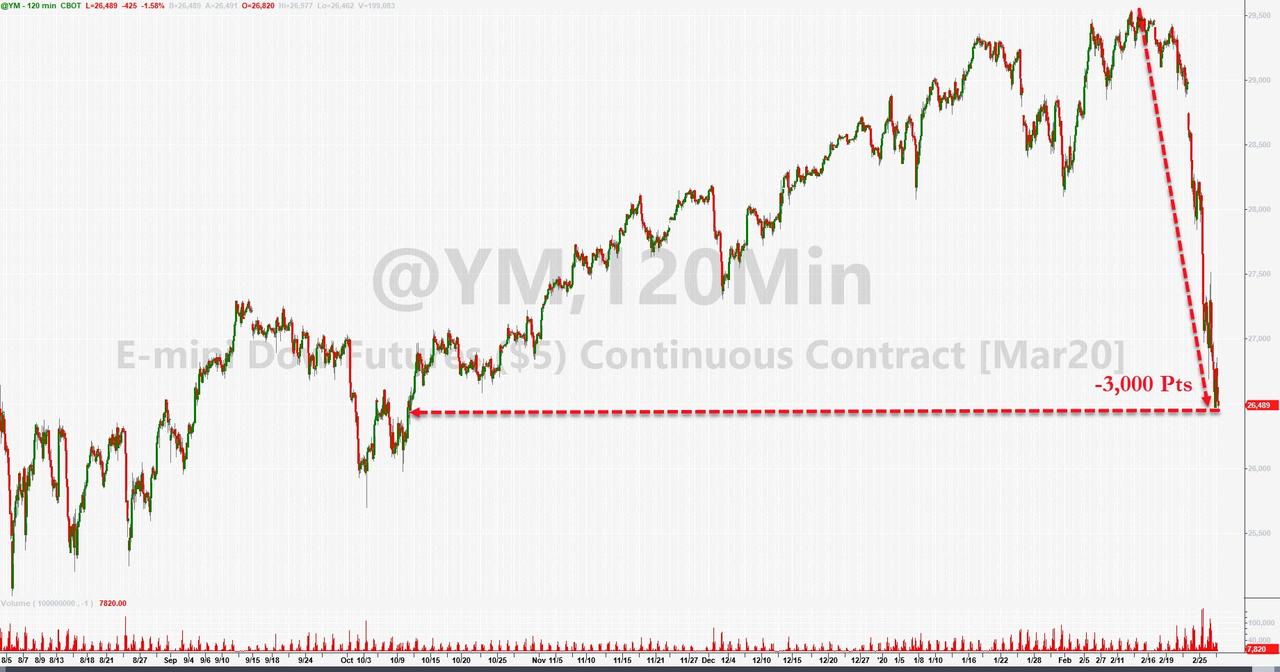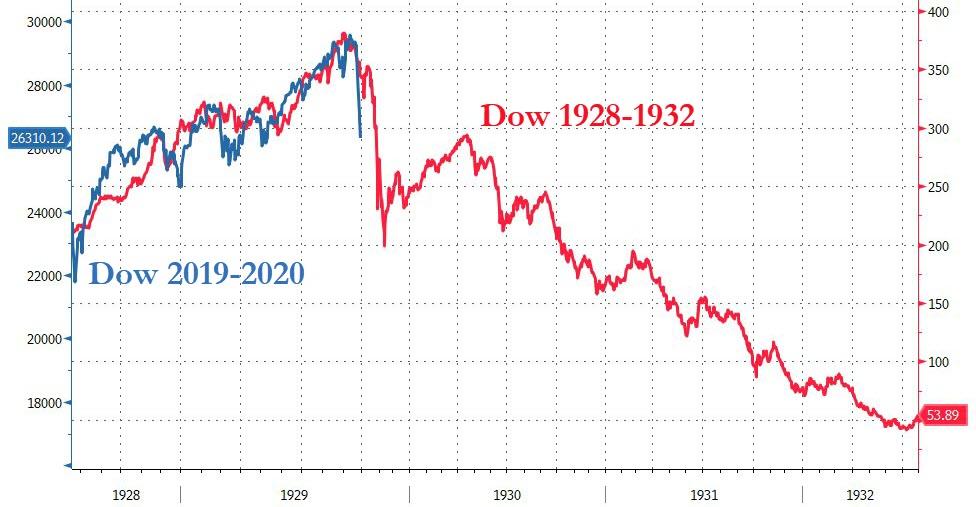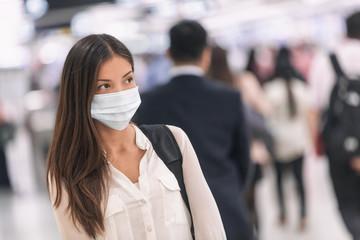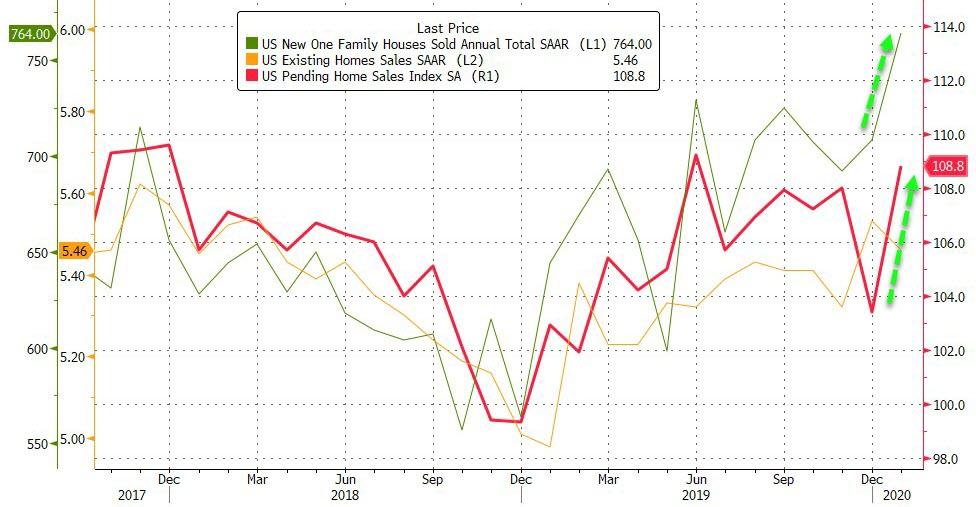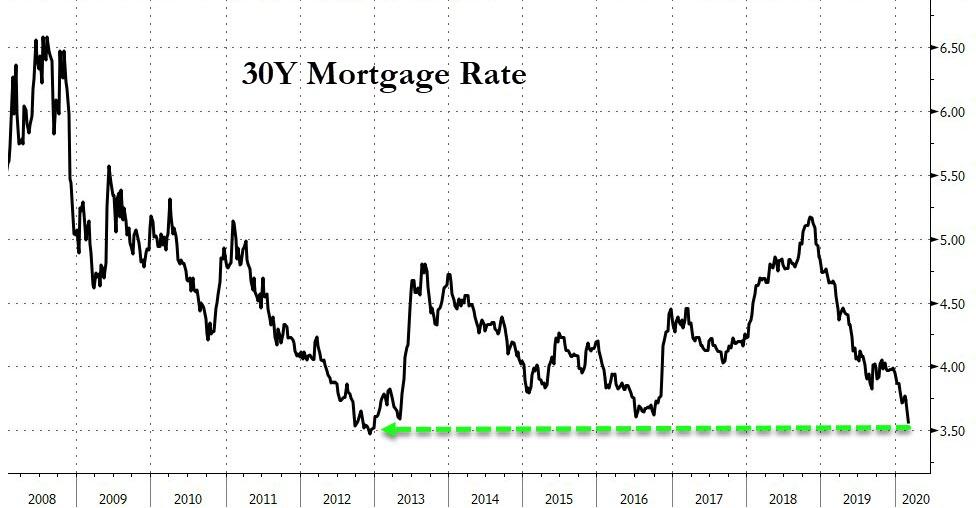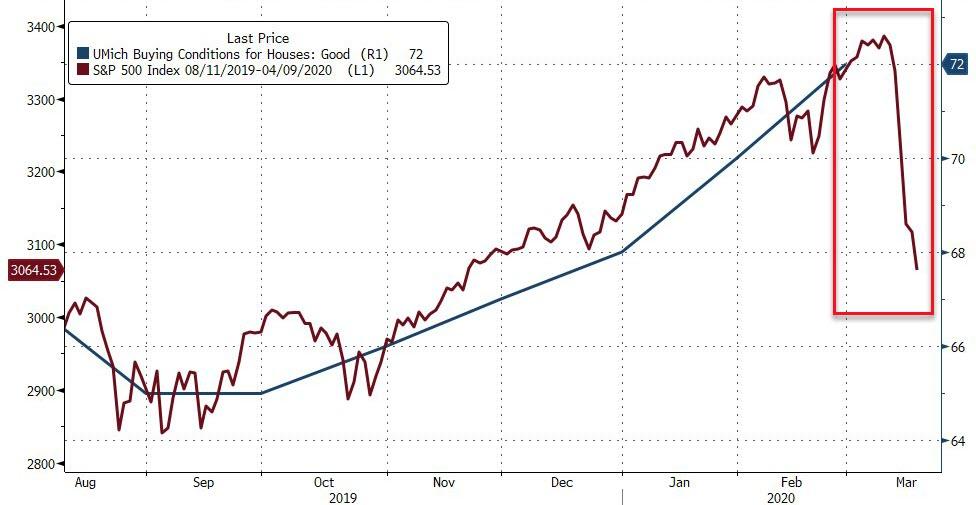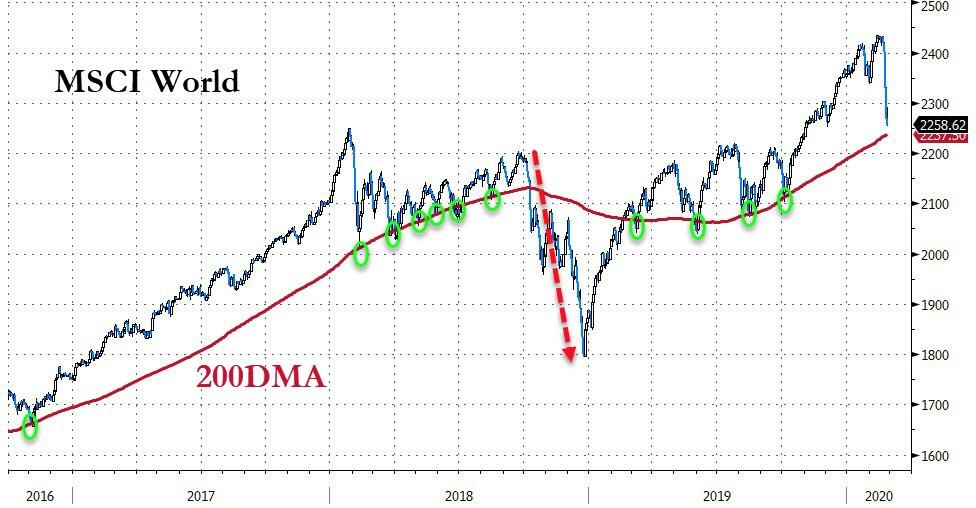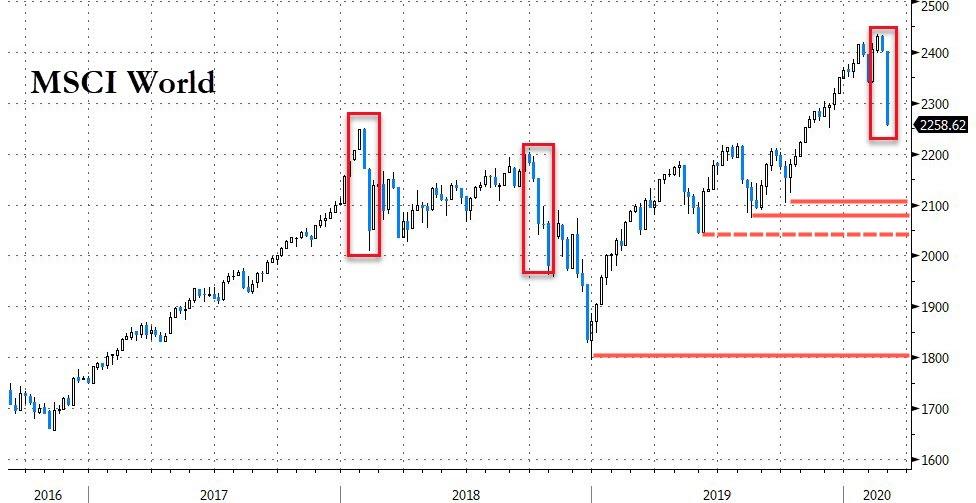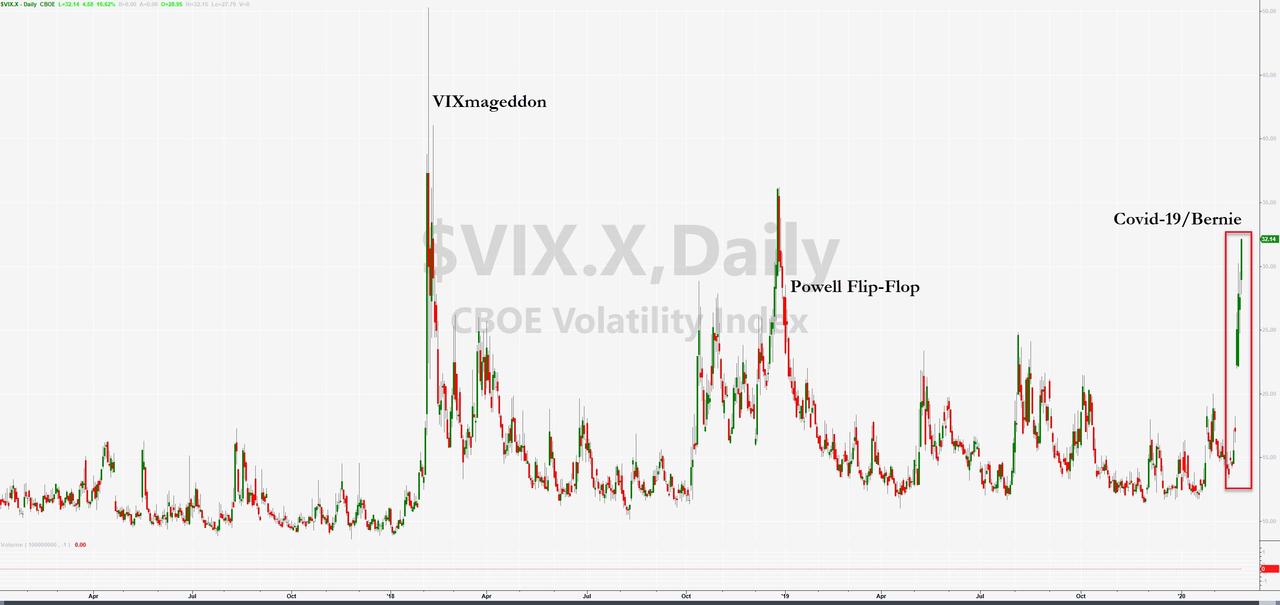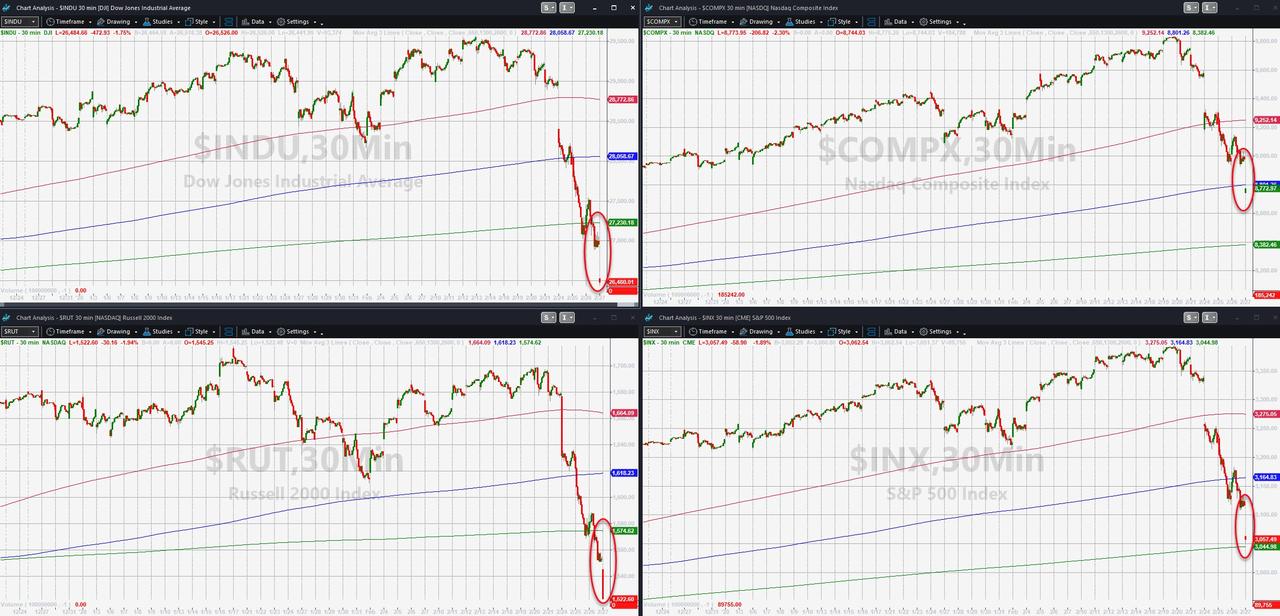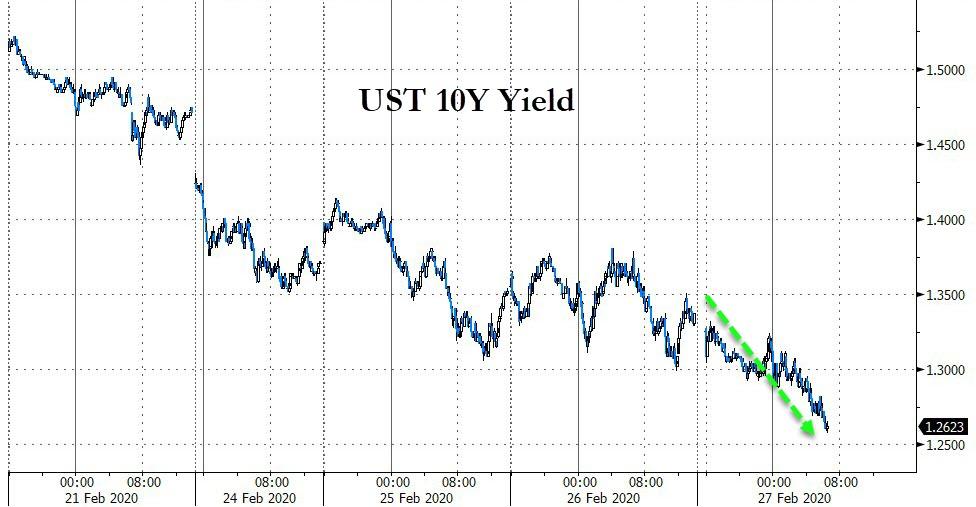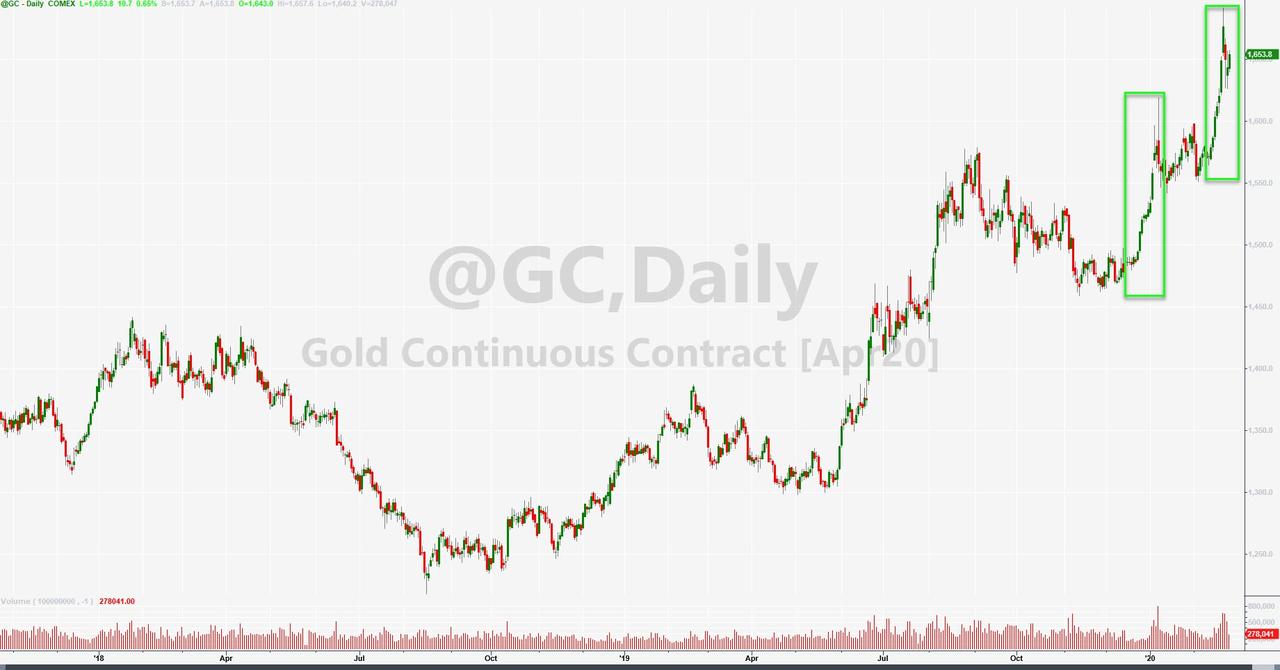Why would two libertarian-leaning legislators vote against an anti-lynching law? Because lynchings are already illegal, and the law would further federalize crime and give prosecutors more power—including what amounts to an expansion of the federal death penalty.
On Wednesday, the House passed H.R. 35, the Emmet Till Antilynching Act, by a vote of 410 to 4. Those opposed included libertarian-leaning Reps. Justin Amash (I–Mich.) and Thomas Massie (R–Ky.); the other two voting “no” were Rep. Louie Gohmert (R–Texas) and Rep. Ted Yoho (R–Fla.).
The Senate version of the bill passed unanimously last year. There are slight differences between the new bills, but The Washington Post reports that House Democrats are optimistic their version the legislation will be quickly passed by the Senate. Supporters of the measure expressed incredulity that it took so long to pass federal anti-lynching legislation:
The fact that we are still trying to make lynching illegal at the federal law is telling of where we are in our country.
— Rashida Tlaib (@RashidaTlaib) February 26, 2020
I'm glad this bill — overdue now for more than a century — has passed.
Congress' failure to act on lynching will forever be a stain on the institution, but living up to the founding principles of our nation means fully coming to terms with the sins of our past. https://t.co/qjdGBvmW2T
— Joe Biden (Text Join to 30330) (@JoeBiden) February 27, 2020
Some of the bill’s backers turned their fire on the four House members who dared to vote against it:
There are 4 members of congress who voted against making lynching a federal crime. The racist mother fuckers are:
-Justin Amash
-Thomas Massie
-Louie Gohmert
-Ted Yoho— David Leavitt (@David_Leavitt) February 26, 2020
FOUR PEOPLE VOTED AGAINST THE ANTI LYNCHING BILL!!!!!!
Four. 4. Four people in power in our AMERICAN government still vote FOR lynching.
We need term limits!!!!!!— Sharon Stone (@sharonstone) February 27, 2020
But they weren’t voting “FOR lynching.” As Amash notes, killing people because of their race is already a federal hate crime:
If you’re saying to yourself, “I can’t believe Congress is only now outlawing lynching,” there’s a good reason you can’t believe it: It’s not true. https://t.co/OAYBDmyFgQ
— Justin Amash (@justinamash) February 27, 2020
What H.R. 35 does is criminalize a conspiracy to violate existing federal hate crime laws or certain sections of the Civil Rights Act of 1968. It would also attach to these conspiracies the same punishment as the underlying crimes themselves, except in the case where the current crimes come with a maximum sentence of fewer than 10 years. In that case, the conspiracy to commit those crimes would be punishable by up to 10 years.
This, as Amash notes in a Twitter thread explaining his vote against the bill, would effectively expand the federal death penalty, which he would like to see abolished:
The bill’s main effect is to make these conspiracies punishable to the same extent (or greater) as the underlying crimes, some of which are punishable by death. We should abolish the death penalty, not expand it to more crimes.
— Justin Amash (@justinamash) February 27, 2020
Amash also argues that the bill criminalizes conspiracies to commit crimes that the Constitution leaves to the states, thus doubling down on the federalization of criminal law. That, he points out, has not usually been a great development for the people anti-lynching legislation is supposed to protect.
Massie likewise raised constitutional concerns about the bill, while making the broader case against hate crimes as their special kind of criminal law.
“I voted against H.R. 35 because the Constitution specifies only a handful of federal crimes, and leaves the rest to individual states to prosecute,” he tells Reason. “In addition, this bill expands current federal ‘hate crime’ laws. A crime is a crime, and all victims deserve equal justice. Adding enhanced penalties for ‘hate’ tends to endanger other liberties such as freedom of speech.”
Gohmert took a different tack, arguing—contra Massie and Amash—that the bill doesn’t do enough to punish lynching at the federal level.
“A version of the bill released on January 3 of this year stated that anyone who assembles with the intention of lynching or who causes death by lynching ‘shall be imprisoned for any term of years or for life.’ The bill we voted on today does not include this clause,” Gohmert argued in a statement. “Such a hateful crime deserves a severe sentence, and I could not in good conscience vote on a bill that addresses lynching on such a low level.”
For his part, Yoho told Newsweek that H.R. 35 was federal overreach and that hate crimes should be handled at the state level.
There’s good reason to be concerned about expanding the number of things the federal government can prosecute as hate crimes, given how zealously the feds use such laws to stick people with harsh sentences they would never have gotten at the state level.
A good example is the case of Tiffany Harris, a black New York woman who was arrested in December 2019 after slapping three Jewish women while saying “fuck you, Jews.”
Harris was initially charged with a number of crimes by New York officials, the most serious of which was assault in the third degree, a misdemeanor punishable by up to a year in jail. If she were convicted under New York’s hate crime law, she could get up to four years in prison.
In January, the U.S. Department of Justice intervened in Harris’ case, charging her with three hate crimes that could add an additional 10 years to any sentence she gets at the state level. Federal officials argued that additional punishment was necessary to deter a rise in anti-Semitic attacks.
“Federal hate crime laws invite this sort of capricious, politically motivated intervention, which is especially troubling given their weak constitutional basis,” wrote Reason‘s Jacob Sullum at the time.
The anti-lynching bill that passed the House yesterday, whatever the good intentions behind it, will invite more federal prosecutions of this kind.
from Latest – Reason.com https://ift.tt/2TfMXMA
via IFTTT
